Tawanda Majoni
I told you. The moment the Zanu PF leadership decided to make Patrick Chinamasa the party’s actin national commissar was the moment that we kissed goodbye to the future.
You will recall that they recently removed Victor Matemadanda from that position and put Mr Bin there. Chinamasa, you will remember, is that guy who put a heavy load on our necks when, as Finance minister, he laboured a big sweat to introduce bond notes.
Just get into the mode of seeing Chinamasa as a platoon leader in the trigger-happy politics of Zanu PF. He is always starting fires and burning lots of things in the forest. A restless and reckless warmonger. And it doesn’t make things better that he is so desperate to get back on the gravy train after spending long years in the political woods.
Late last week, he held a conference at which he—predictably—spoke war and dashed any hope of moving out of the crude autocracy we have known in more than two generations, in just about one breath. He dismissed the possibility of the diaspora vote, thereby literally disenfranchising millions of Zimbabwe living outside the country. Chinamasa said there were no constitutional provisions to enable a diaspora vote.
Number two, he made very unkind, if not naïve, remarks about the media and non-governmental organisations. For him, a critical independent media and just about every NGO are regime change agencies. This is the gook we have heard from Zanu PF from the turn of the millennium when it started facing bruising competition from the MDC. Three, Chinamasa reinforced a narrative that is as familiar as it is unsettling. He said there was no way in which you could delink the military from Zanu PF.
Meaning that the ruling party is being run from the barracks and, by implication, Zimbabwe too. Pretty predictable, of course, seeing as it is that it was the military that led a disruptive leadership succession at both the national and party levels in 2017. But then, that’s something that you don’t want to keep hearing, especially as we ratchet towards yet another election in 2023, given the history of the military in election and other times.
Let’s start with Mr Bin’s remarks on the diaspora vote. Here, he talked exactly like a bin lawyer. He said there were no constitutional provisions that recognised a diaspora vote. Take note. He didn’t say the constitution didn’t give people in the diaspora the right to vote in Zimbabwean elections. This means that Zimbabweans living in the diaspora have the right to vote.
So, Chinamasa was trying to get us to believe that Zimbabwean diasporans could not vote if the constitution was not amended to include provisions that enable them to vote from wherever they would be. That’s a flickering fib!
Zimbabweans living in the diaspora cannot be barred from voting simply because there is no express reference to the foreign-based polling in the constitution. Come to think about it, our constitution is so lazy on voters that it hardly mentions things about who will vote and from where. But that’s besides the matter.
The point is, the constitution is home to a cocktail of provisions that recognise Zimbabwean citizens’ right to vote in elections without directly saying so. For starters, Section 11 obligates the state to ensure that it takes all practical measures to protect the fundamental rights and freedoms of citizens. Voting is a freedom that every citizen must enjoy. It is a fundamental right. This places a burden on the state to ensure that every Zimbabwean who is eligible to do so gets the chances to vote at elections.
Read section 11 with sections 56 and 60. Section 56 says all persons are equal before the Zimbabwean law. “All” includes those that are living in the diaspora. Now, elections and electoral processes are subject to the law. They are regulated by laws. That means all persons—to mean citizens—are equal before laws that regulate elections and electoral processes. If you exclude diasporans from voting, it means you are treating Zimbabweans unequally. Once you do that, you are acting in contravention of section 56.
Section 60 gives every Zimbabwean entitlement to freedom of thought, opinion and belief. Participating in elections is one fundamental way of ensuring that citizens enjoy freedom of thought, opinion and belief. If one believes and thinks that Zanu PF is a good party that will represent one’s interests, one must have the freedom to vote Zanu PF at elections. The same goes for the other parties. But if one thinks and believes that none of the parties adequately represents one’s aspirations, and that elections are an ass, one can decide not to participate in voting processes.
Granted, section 80 recognises that these freedoms and rights can be waived or limited in certain circumstances. But there must be sufficient evidence to show that the decision to limit or waive the rights and/or freedoms is just, reasonable, fair and necessary. But there is nothing about excluding diasporans from voting that is just, fair, necessary or reasonable. The only reason why they haven’t enabled people in the diaspora to vote is that Zanu PF is so much spooked by the prospect of those millions voting it out of power.
Since the constitution amply obligates the state and government to ensure that every Zimbabwean votes in elections, why not just go ahead and do the sensible thing? Introduce a statute or statutes and regulations that will enable the diasporans to vote from where they are. Ordinarily, that’s not too much to ask, but we know Zanu PF quakes in its socks at the possibility of the diaspora vote.
Then there is this hullabaloo about regime change. Just as we have heard ad nauseum since late 1999 when the MDC was formed, the independent media, civil society, NGOs and the political opposition are invariably guilty of seeking to change the regime. What Chinamasa and his colleagues miss is the fact that there are two ways of looking at “regime change”. There is innocent and bona fide regime change and there is criminal regime change.
In one way, there is nothing wrong with seeking to change a regime or administration. This is the philosophy that forms the basis of elections. If regime change wasn’t democratic in this regard, then there would be no need for elections. And there would be no need to formulate laws that guide and regulate elections. Chinamasa et al must know that Zanu PF is in power because it fought for and effected regime change against apartheid rule. They must know that the US, their arch enemy, is holding elections every four years in order to effect regime change. And elections are a globally accepted practice to ensure democracy through regime change.
Then there is the bad type of regime change—criminal regime change. Here, those that try to or effect it are acting in contravention of the constitution and attending laws. You can call it treason. Let’s assume that this is the form of regime change that Mr Bin was talking about, because he can never make sense talking about the other form of regime change. Instead of calling a presser when he must be doing his duty of rallying all those divisive district party committees, Mr Bin must avail evidence to show that the media and NGOs are engaged in criminal regime change.
There is a difference between criticism and opposition on one, and treason on the other. Of course, whenever they want to persecute their critics, they allege treason against their victims. Pretty like blaming every dog you don’t like and want put down for carrying rabbies. But it has never stuck. It’s called rule by law. A brazen abuse of the law.
When you add things up here, you will notice that we are in for trying times. Putting Chinamasa in the position of acting national commissar is just one sign that Zanu PF has slid back into war mode, completely. He reminds you about the Mugabe era in almost every sense. He is talking the tired mantras of yesteryear as Zanu PF struggles for sound bites ahead of 2023. In other words, the appointment of Chinamasa is a loud statement from a system that’s taking us back to the old painful era.
Tawanda Majoni is the national coordinator at Information for Development Trust (IDT) and can be contacted on tmajoni@idt.org.zw


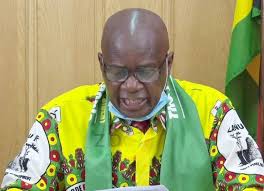
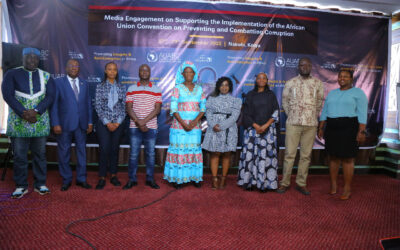

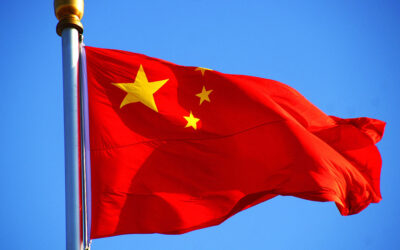

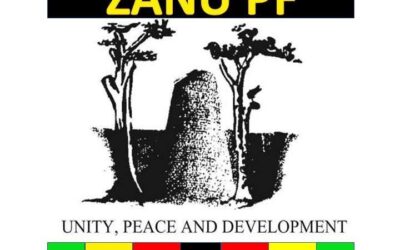
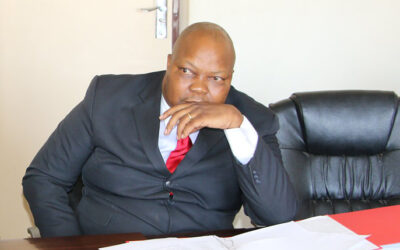
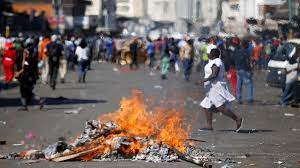
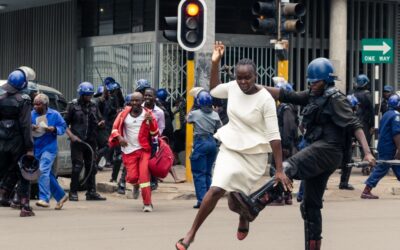
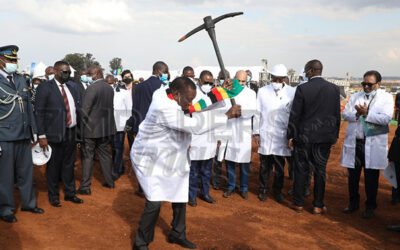
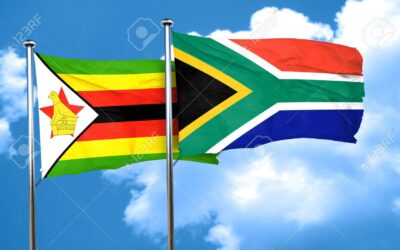
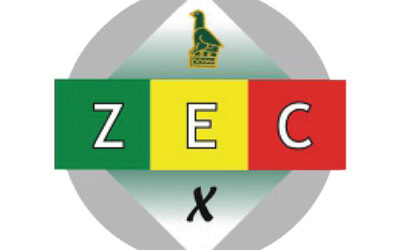
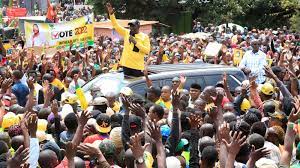
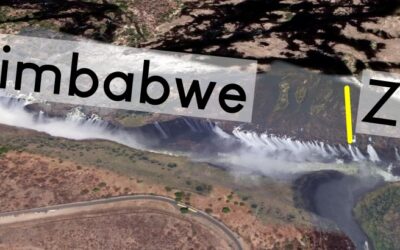
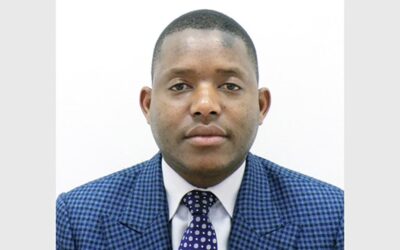
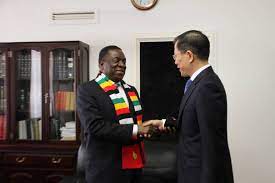
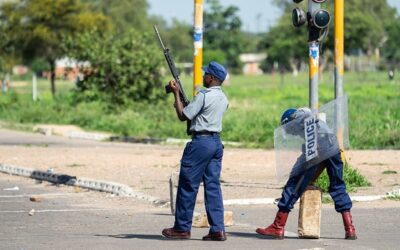
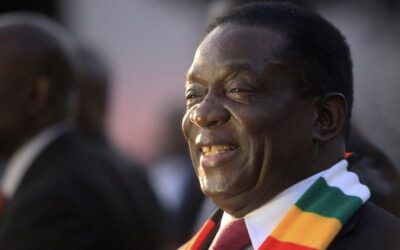
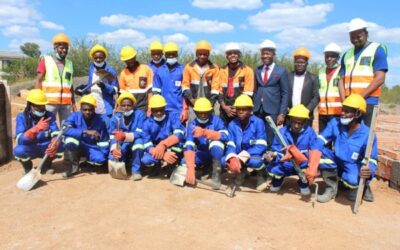
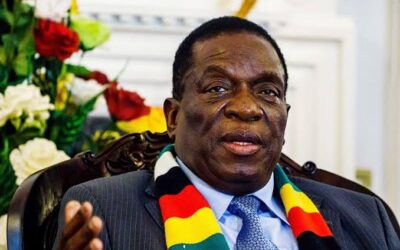
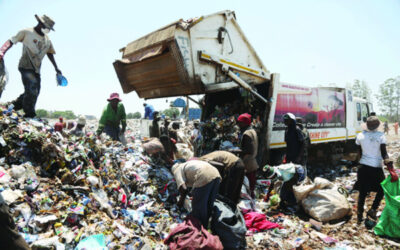
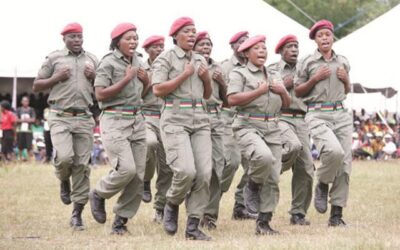
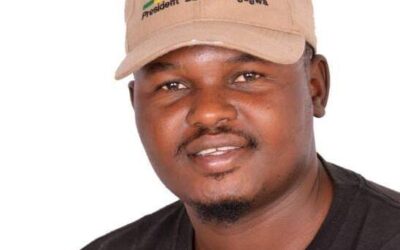

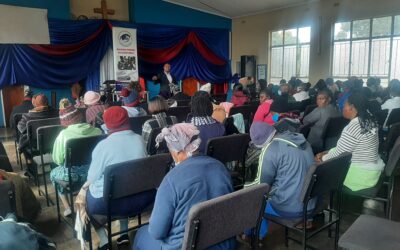
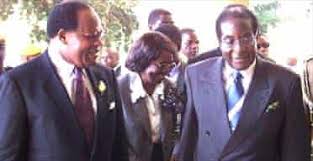

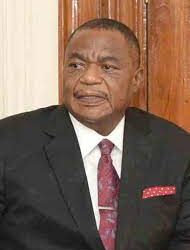
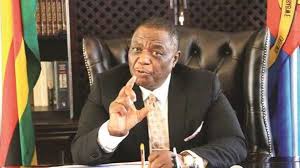

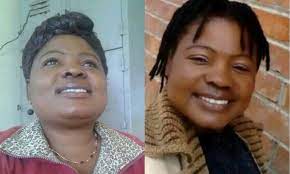
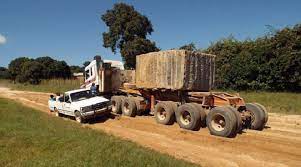





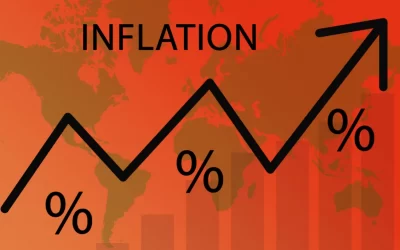
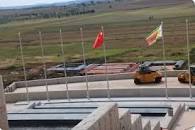
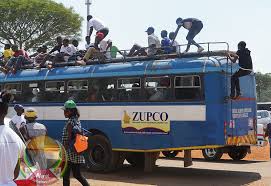
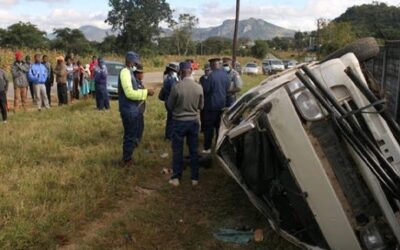
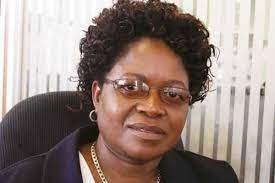

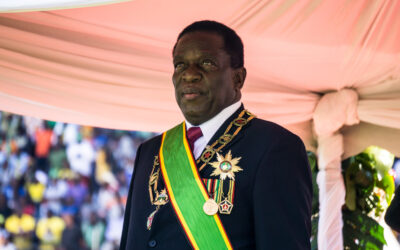
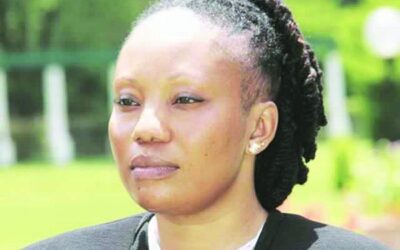


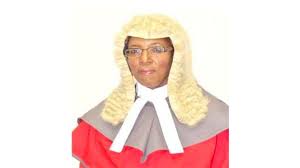

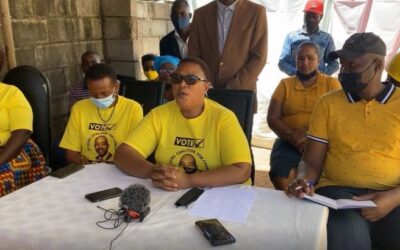
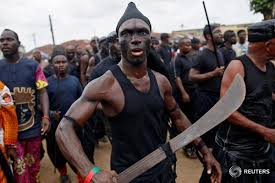
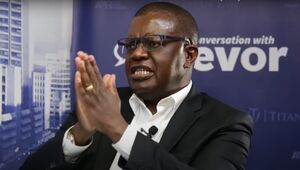

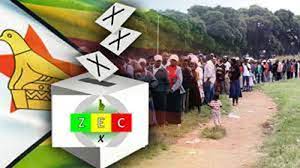
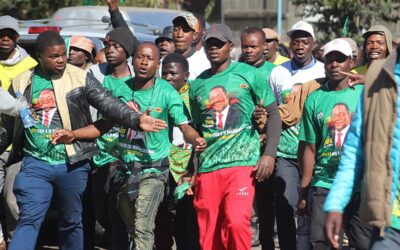

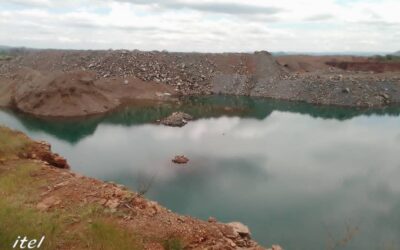
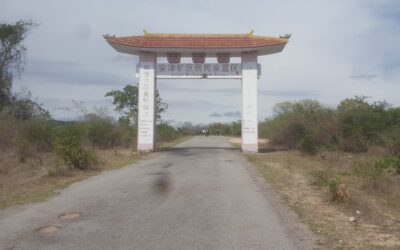
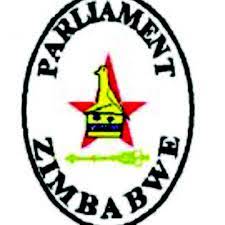
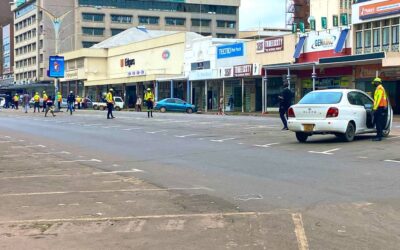
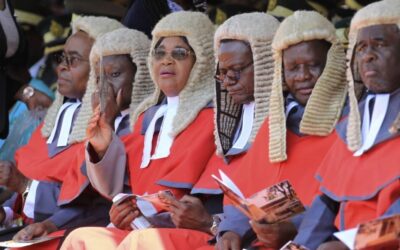

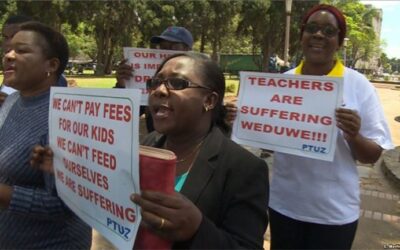
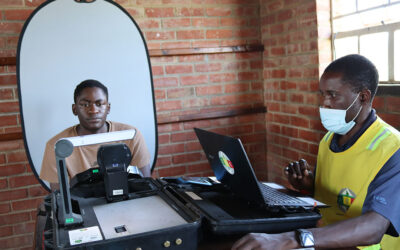
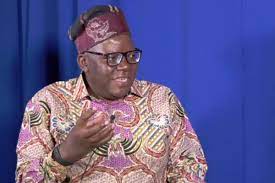
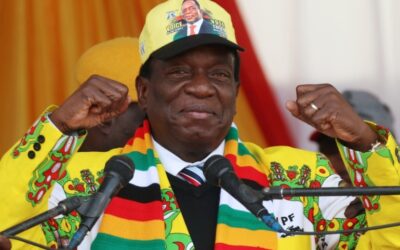
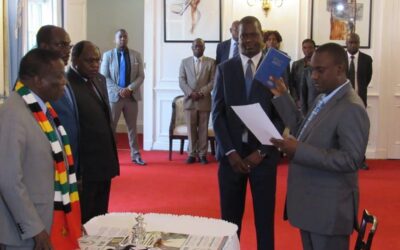

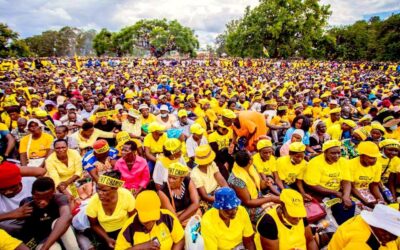
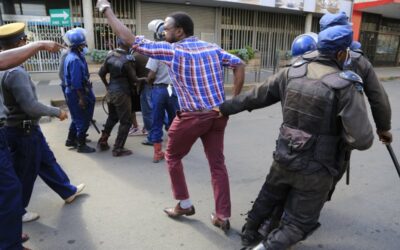
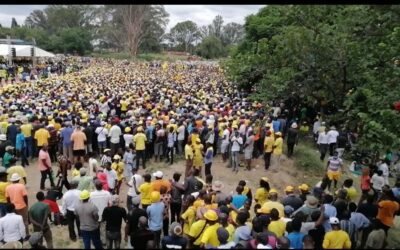
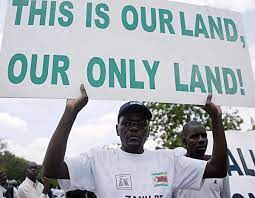
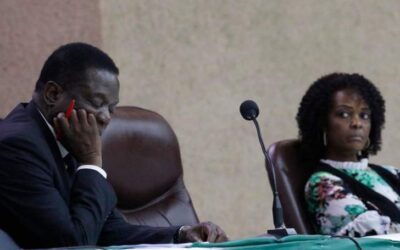
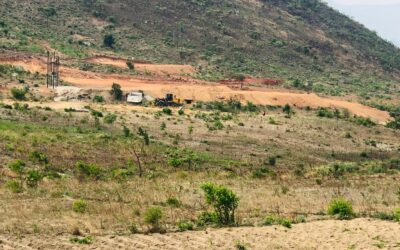
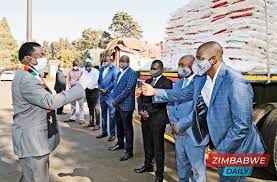

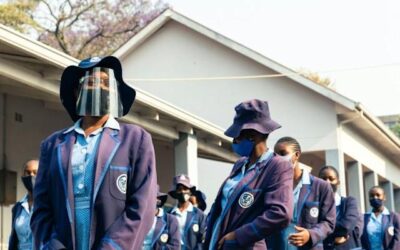

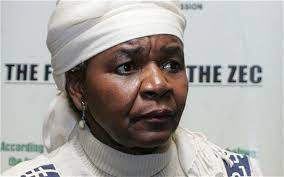
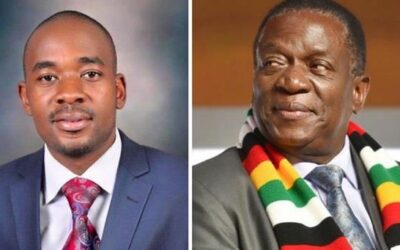
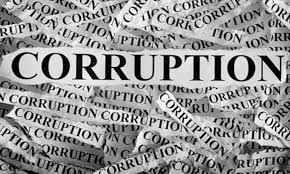
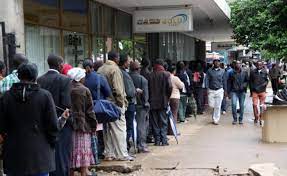
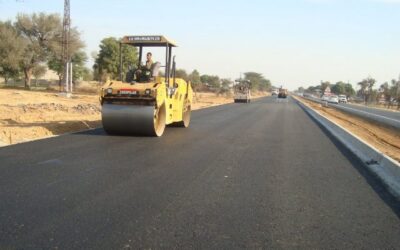




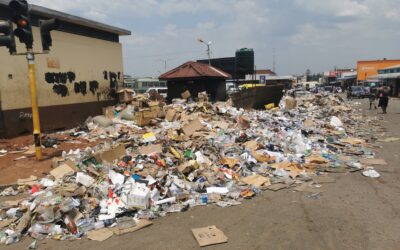
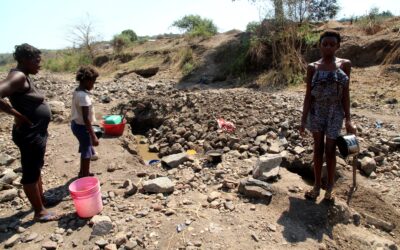

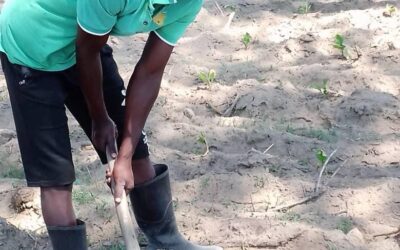



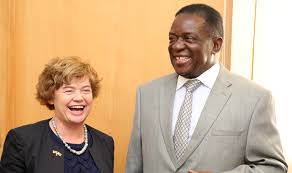
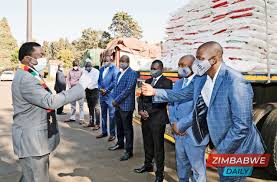
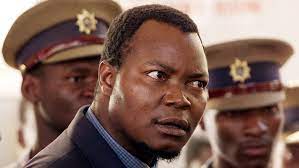

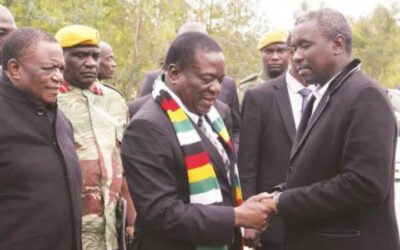
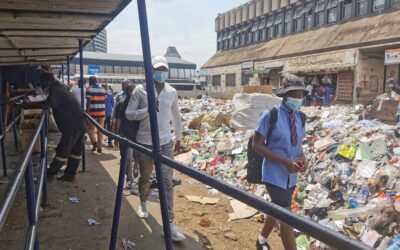
0 Comments